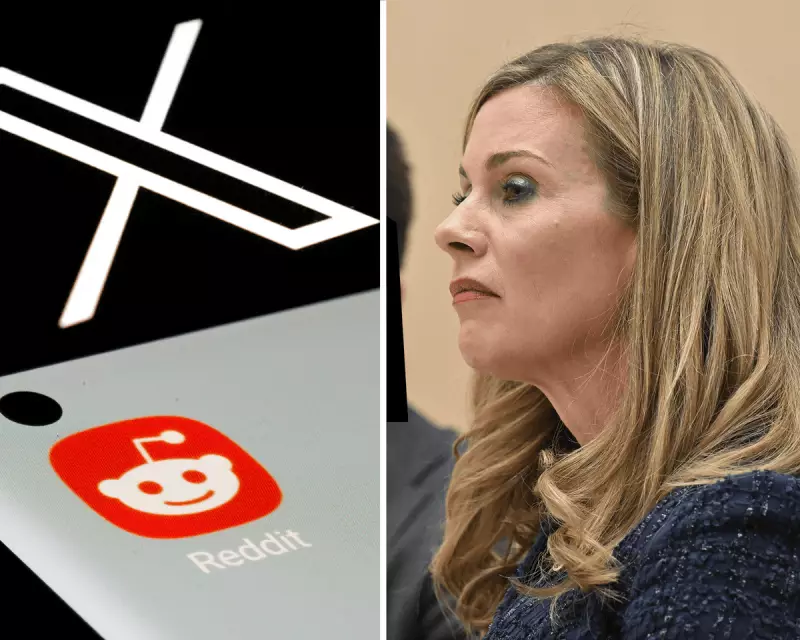
In a significant escalation of its digital child protection strategy, the Australian government is considering a substantial expansion of its proposed social media ban for users under the age of 16. The new legislation, which initially targeted major platforms like Meta and X, could now encompass a far wider range of digital spaces popular with young people.
Beyond Traditional Social Media
The expanded scope of the ban brings platforms such as Reddit, Twitch, and even popular gaming and creative hubs like Roblox, LEGO Play, and Steam into the regulatory crosshairs. This move signals a recognition that the definition of 'social media' has evolved, and risks to minors exist across a diverse digital landscape.
According to communications minister Michelle Rowland, the government is determined to create an 'age-appropriate' online environment. The potential inclusion of dating apps further underscores the intent to shield minors from potentially harmful interactions.
A Two-Pronged Approach to Verification
The proposed law outlines a dual approach for age verification. Social media companies would be compelled to implement robust systems, such as:
- Face-matching technology: Using government-issued documents for verification.
- Digital ID systems: Leveraging existing trusted frameworks.
- Parental consent mechanisms: Requiring direct authorisation for under-16s to create accounts.
Failure to comply could result in substantial fines, calculated as a percentage of the company's global turnover, a measure designed to ensure compliance from even the largest tech giants.
Criticism and Concerns
Despite its ambitious goals, the plan has not been without its detractors. Digital rights advocates, including the eSafety Commissioner, have raised significant concerns. The primary criticisms focus on:
- Privacy Risks: The collection of highly sensitive biometric data like facial scans poses a major security threat if breached.
- Effectiveness: Critics argue that determined teenagers can easily circumvent bans using VPNs or fake accounts, rendering the measure largely symbolic.
- Digital Literacy: Some experts suggest that resources would be better spent on educating young people to navigate online risks safely, rather than imposing a blanket ban.
As the debate continues, Australia's proposal is being closely watched by other nations grappling with the same complex challenge of protecting children in the digital age.





